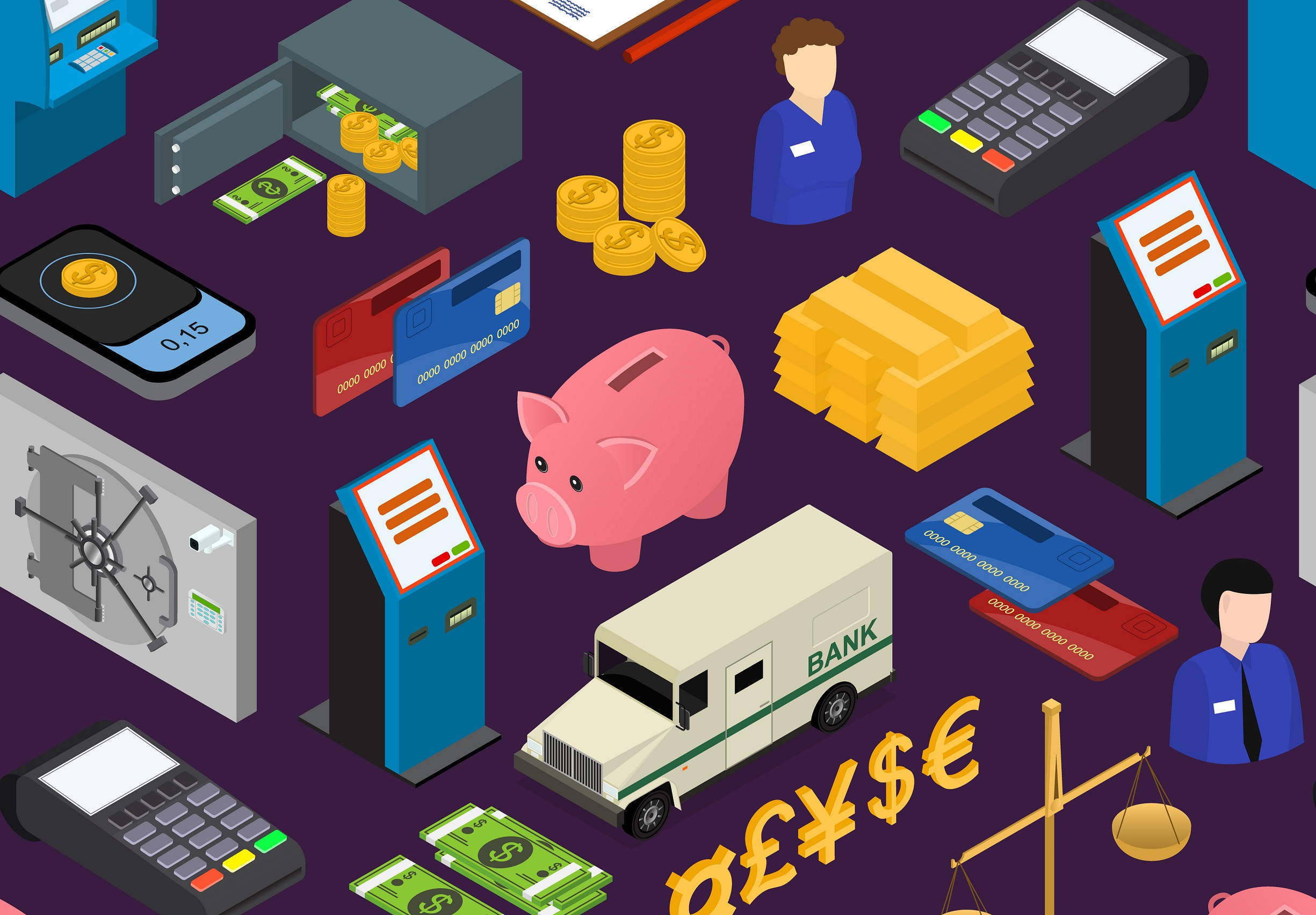
Big changes are afoot in the banking industry as the European Union (EU) directive, PSD2, comes into force this weekend on Saturday 13 January.
The Payment Services Directive 2 has been coming for a long time. The EU published the directive back in December 2015 and the UK government enshrined PSD2 into UK law under the Payment Services Regulations 2017 last year.
But, it is this weekend that the directive must be implemented by all banks in the EU.
What is PSD2 and what does it mean for fintech startups?
What is PSD2?
PSD2 is part of the new open banking initiative. This is where banks across Europe will be made to open up their data through APIs, application planning interface, to facilitate an open marketplace in banking for all customers.
The aim is to encourage innovation in banking. The directive gives customers more choice in how they manage payments and bank accounts.
How well do you really know your competitors?
Access the most comprehensive Company Profiles on the market, powered by GlobalData. Save hours of research. Gain competitive edge.

Thank you!
Your download email will arrive shortly
Not ready to buy yet? Download a free sample
We are confident about the unique quality of our Company Profiles. However, we want you to make the most beneficial decision for your business, so we offer a free sample that you can download by submitting the below form
By GlobalDataOne example of how this works is Starling Bank. The challenger bank offers its customers access to MoneyBox, a savings account that rounds up your small change and invests it in tech companies. This is because MoneyBox has built on Starling’s API.
Greg Hawkins, chief technology officer at Starling, told Verdict that this moment for banks is similar to when Google opened up the Google Maps API back in 2005.
“Nowadays, it’s hard to imagine any app that isn’t enriched by Google Maps. We’re at a similar place in finance and fintech – collaboration and interoperability which is fostered by these APIs is going to lead to a flowering of different possibilities.
“It’s almost imaginable what we will be using and seeing five years from now.”
How will this affect fintech startups?
The UK has been enjoying its status as the fintech capital of Europe, thanks to the wealth of startups and investment which is poured into the sector. Directives like this directly impact the new companies growing in financial services.
For instance, Chip. Chip is an app which uses artificial intelligence (AI) algorithms to analyse your spending and save money for you automatically. It is an example of a third-party provider (TPP) and the changes under PSD2 will make it easier for Chip to work with its customers.
Before now, customers have been fed mixed messages from their banks about TPPs, according to Chip’s chief executive Simon Rabin.
You’ll either get a call centre response which is they have absolutely no idea what you’re asking about and then the bank gives a generic security response. If you push a bit harder, then you’ll be quoted the bit of the terms and conditions relating to security, which says: “you are liable if you choose to share your security details with any third party.
This causes confusion for customers: they’re not sure what using a TPP means for their money and they often receive a confusing response from the bank.
However, under PSD2, all banks in the UK will have to change their terms and conditions to state that its customers are allowed to use other providers, like Chip.
Rabin tells Verdict:
It’s really helpful to have a clean slate from this date forward. There’s no question banks are forced to state in the terms of use that you are allowed to use a TPP.
What other benefits will PSD2 bring for startups?
Aside from reassuring customers that it is fine to use TPPs, Rabin believes fintechs will see other benefits from the directive.
It will encourage more innovation and more companies like us.
In addition, there is the hope that it will encourage investors to put more capital into TPPs within financial services.
I know venture capital investors and private equity investors who have perhaps been a little nervous to invest in companies like us up until now, because it was a grey area. Now, it’s very much an open game so I think that will encourage more capital to go in.
PSD2 and open banking
Whilst PSD2 and open banking may seem like this watershed moment for fintechs and banks to collaborate and work together, it’s going to take a while for this to actually happen.
Rabin says:
“We’re still a long way away from all the banks having open API banking where you log in to your mobile banking app and click grant access to this third-party and it’s all beautifully done behind the scenes.”
Instead, he believes the Faster Payments Scheme programme is an example to follow.
“That’s one unified scheme that works across all the banks, all the credit and debit cards, for faster payments. For open banking to work, you need to replicate that and have the same centralised programme that all the banks adhere to and it’s a long way away.
“I can’t see the banks being at the front of the queue to make this happen.”







